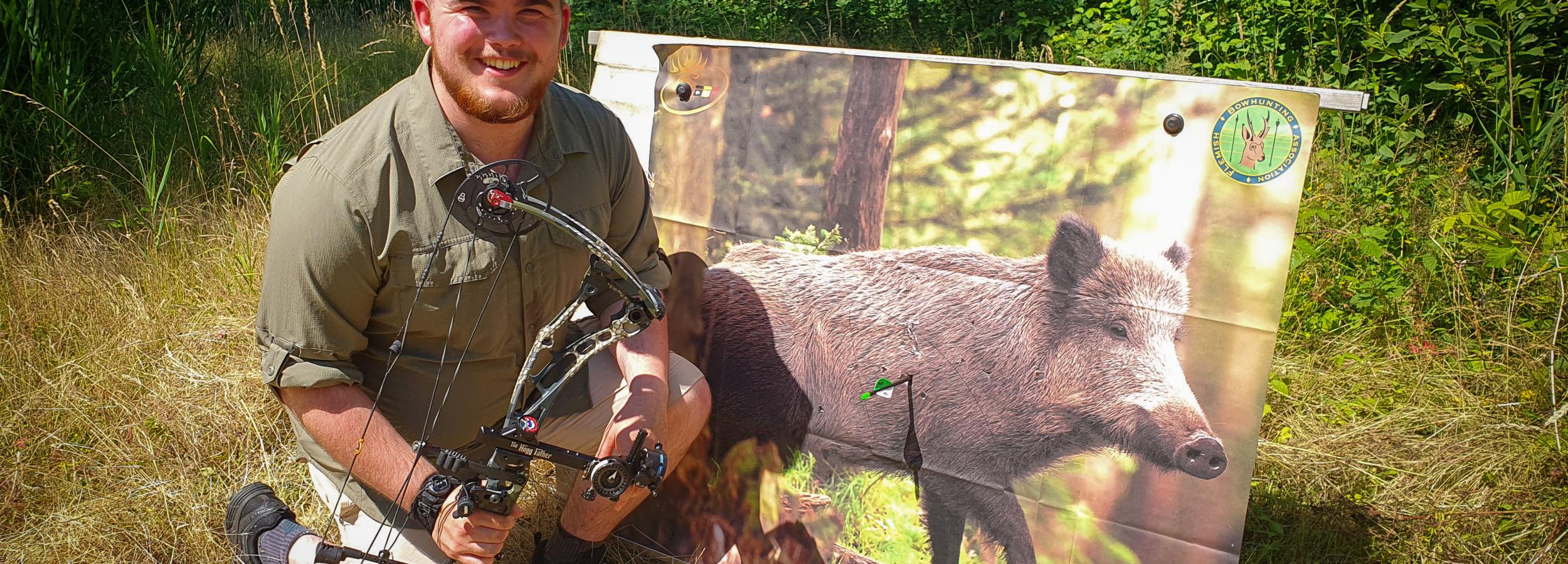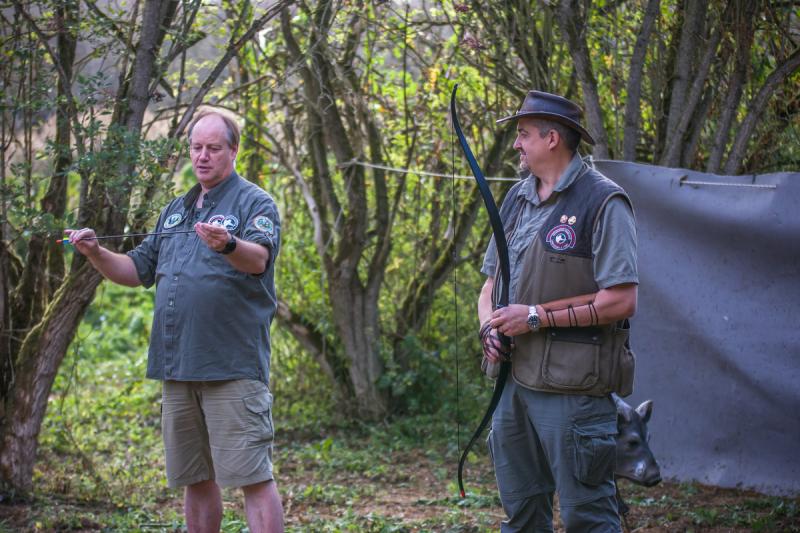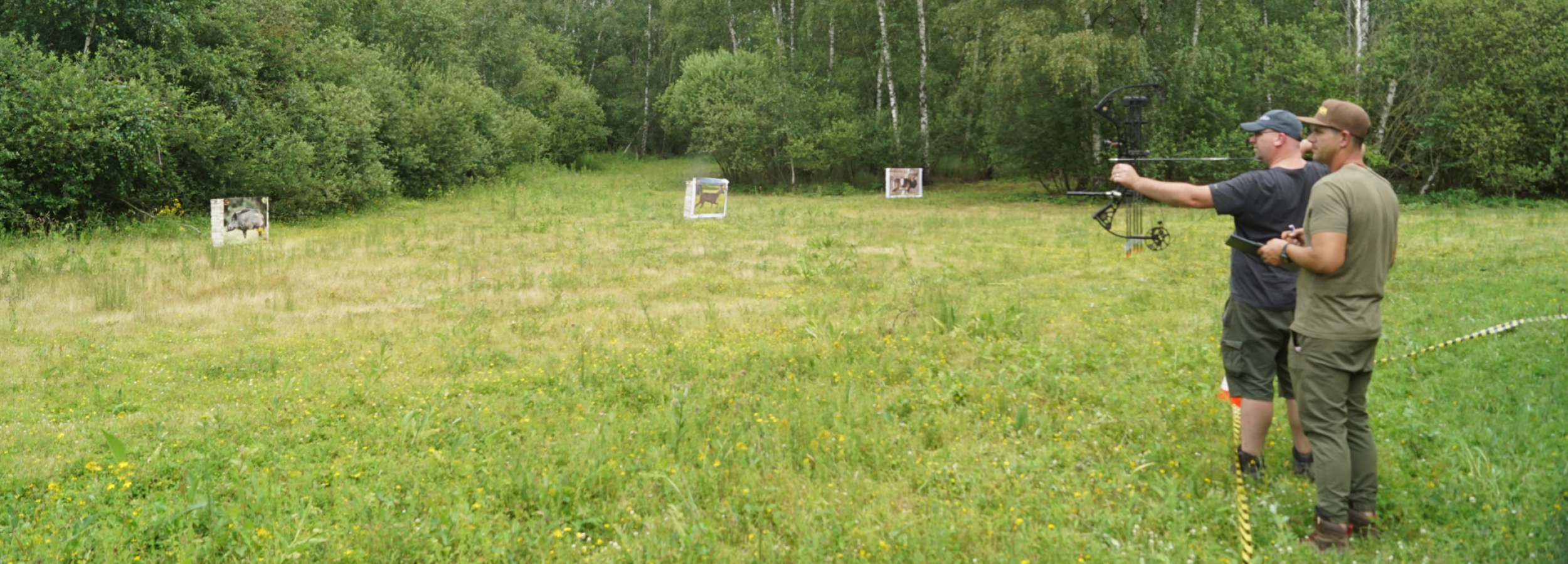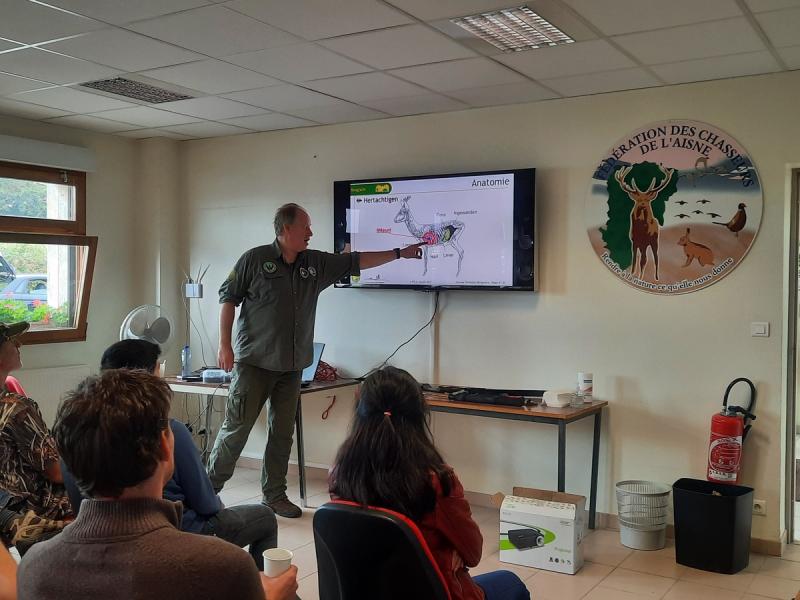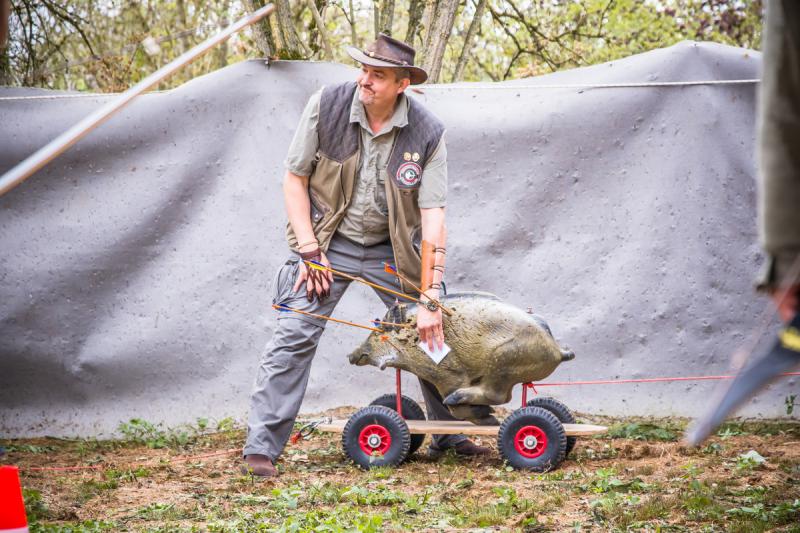Bowhunting education across Europe
Bowhunting Education in Europe
Across Europe, bowhunting education is harmonized around a shared standard and a common goal: developing safe, ethical, and skilled bowhunters. The European Bowhunting Federation (EBF) and its member organizations align their national programs to the level of the International Bowhunter Education Program (IBEP), adapting where needed to comply with local regulation while maintaining a consistent, high-quality curriculum.
Across Europe, bowhunting education is harmonized around a shared standard and a common goal: developing safe, ethical, and skilled bowhunters.
A Common Foundation: IBEP
The International Bowhunter Education Program, administered by the National Bowhunter Education Foundation (NBEF), is an accepted certification standard worldwide. IBEP builds on basic hunter education and provides in-depth training specific to bowhunting (ethics, shot placement, treestand safety, recovery, and more). NBEF’s “Today’s Bowhunter” manual reflects 50+ years of IBEP teaching and underpin many European courses.
Two Pillars of Learning: Theory and Practice
European bowhunting education blends classroom learning with hands-on field training:
-
Theoretical component: wildlife biology, anatomy and behavior, game identification, ethics and laws, equipment knowledge, shot selection, tracking, and recovery. IBEP materials present this content consistently across regions.
-
Practical component: safe equipment handling, treestand/saddle use, range work, and realistic shooting scenarios at hunting distances. Many national programs pair this with a practical exam.
In most countries, certification includes both a theory test and a practical assessment, reflecting Europe’s emphasis on proven competence before entering the field.
EBF’s Role: Instructor Education and Harmonization
EBF supports its member organizations by coordinating centralized instructor education, so trainers teach to the same standard and share best practices. This cross-border exchange of methods, safety updates, and curriculum improvements accelerates quality and consistency. EBF’s ongoing work aims at harmonization: aligning national programs to the level of the IBEP framework while allowing targeted national adaptations where the law requires.
Entry Path: From Hunter Education to Bowhunter Mastery
Bowhunting education is designed to sit on top of a country’s mandatory hunter education. After completing national hunter training, aspiring bowhunters take the bowhunter education course to gain the specialized knowledge and field skills unique to bow and arrow. The result is a bowhunter prepared to hunt safely and ethically, with a deep understanding of wildlife, shot discipline, recovery and the nations hunting laws.
Why This Structure Works
-
Safety first: Practical proficiency testing and standardized safety modules reduce risk in the field.
-
Ethical hunting: Emphasis on animal behavior, shot placement, and recovery supports humane outcomes.
-
Harmonized: The curricula and recognized certificates support European bowhunters participating legally and confidently across borders.
National Adaptations on a Shared Platform
While the educational core is shared, some countries tailor the education to their regulations: Denmark requires an approved bowhunting course and proficiency test before licensing. Courses are run regularly and recognized by the environmental authority. France mandates a one-day “Journée de Formation Obligatoire” (JFO) for bowhunters, administered by departmental hunting federations. The JFO grants a certificate of participation specific to bowhunting. Hungary runs a formal bowhunting exam system, written, oral, and practical, organized by the hunting authority with experts from the national bowhunting association.
These among other country-level implementations show how the bowhunter education content is localized to meet national requirements while preserving common standards. Many other European countries offer IBEP-aligned training as well.
Interested in becoming a certified bowhunter or instructor?
Check with your national federation’s bowhunter education course calendar, then complete the required theoretical and practical training (and exams where applicable). EBF continues to work with NBEF and its member organizations to keep Europe’s bowhunting education consistent, modern, and effective.

